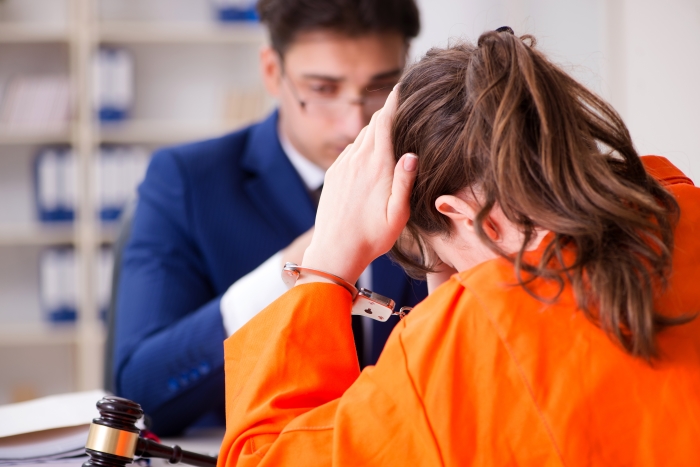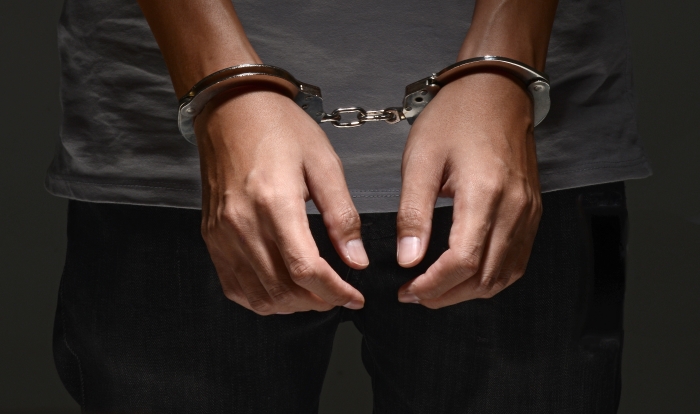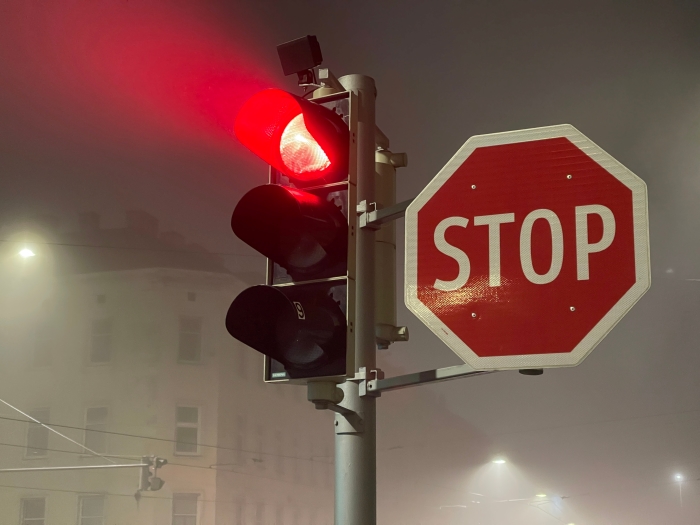Have you been convicted of a crime in Wisconsin and believe the verdict is unjust? You may have the right to appeal the decision. This blog post by Schiro Criminal Defense will explore common grounds for appeal in Wisconsin and the importance of seeking experienced legal counsel throughout the appeals process.
What is an Appeal?
An appeal is a legal challenge to a verdict or sentence issued by a lower court. It asks a higher court to review the case for errors and potentially overturn the original judgment. Appeals are not new trials; you cannot present new evidence or call witnesses. Instead, appeals focus on legal issues within the original trial record.
Differences from a New Trial
While a new trial involves retrying the entire case with the possibility of presenting new evidence, an appeal argues that the original trial had errors requiring a different outcome. These errors could be legal mistakes made by the judge, ineffective representation by your attorney, or even newly discovered evidence that could have changed the verdict.
Grounds for Filing a Wisconsin Appeal
There are several common grounds for appealing a criminal conviction in Wisconsin. Here's a closer look at some key reasons:
Procedural Errors by the Court
Procedural errors occur when the court makes mistakes during the trial process that violate your legal rights. This could include:
The court system is designed to be fair and impartial, but sometimes errors occur during the trial process. These errors, if they violate your legal rights, can be grounds for an appeal. Here are some ways procedural errors by the court might impact your case:
Ineffective Assistance of Counsel
A fair and impartial jury is essential for a just verdict. Improper jury selection could involve excluding qualified jurors or allowing biased individuals to serve on the jury. This could happen during the initial juror selection process or during voir dire, the questioning of potential jurors by the judge and attorneys. For instance, the judge might restrict your attorney's ability to identify and remove jurors who show signs of bias against you. Additionally, jurors who have conflicts of interest or don't meet basic qualifications (such as residency requirements) might be mistakenly allowed to serve.
Incorrect Handling of Evidence
The evidence presented in court plays a critical role in determining guilt or innocence. Errors in how evidence is admitted or excluded can significantly impact the outcome of your case. For example, the court might allow hearsay evidence, which is generally not admissible because it's based on secondhand information. If this hearsay evidence prejudices the jury against you, it could be grounds for appeal. Similarly, the prosecution might introduce evidence of your past mistakes that are unrelated to the current charges. Since a defendant's character is not usually used to prove guilt, this type of evidence could be appealed.
Newly Discovered Evidence
If substantial evidence that could have changed the verdict comes to light after your trial, you may be eligible to file an appeal. This evidence must be credible, could not have been reasonably discovered during the initial trial, and must be relevant to your case.
- Previously Unavailable Witness: A witness who couldn't be located during the trial might come forward with testimony that supports your innocence.
- DNA Evidence Not Previously Tested: Advancements in forensic science might allow for DNA testing that wasn't available during the initial trial, potentially exonerating you.
- Recantation of Witness Testimony: A witness who testified against you might recant their testimony due to new information or pressure.
Incomplete or Inaccurate Jury Instructions
The judge instructs the jury on the law relevant to the case, explaining the legal elements the prosecution must prove for a conviction. Incomplete or inaccurate instructions can mislead the jury and influence their verdict. For instance, the judge might omit a crucial element the prosecution needs to demonstrate, or they might misinterpret the law itself, leading to an unfair disadvantage for you.
Harsh or Excessive Sentence
Even if your conviction is upheld, you may be able to appeal the severity of your sentence. This could be argued if the sentence is grossly disproportionate to the crime or if there were mitigating factors the court did not consider.
For example, if you received a significantly harsher sentence than others convicted of similar crimes, or if the judge did not take into account your lack of prior criminal history or remorse, you might be able to appeal the sentence.
These are just a few examples of procedural errors by the court that could be grounds for appeal. If you believe mistakes occurred during your trial that violated your rights, consulting with an experienced Wisconsin appeals attorney is crucial to determine if you have a valid case for appeal.
The Importance of Consulting a Wisconsin Appeals Attorney
The appeals process is complex and requires a thorough understanding of Wisconsin law and legal procedure. An experienced Wisconsin appeals attorney can:
- Analyze your case and identify potential grounds for appeal.
- Gather evidence to support your appeal.
- Craft compelling legal arguments to present to the appellate court.
- Navigate the intricacies of the appeals process and represent you effectively in court.
Contact Schiro Criminal Defense for a Free Consultation
At Schiro Criminal Defense, our Milwaukee criminal defense attorney, John Schiro, delivers serious defense for clients with serious cases. If you have been arrested or accused, we are trusted and knowledgeable counsel.
If you have been convicted of a crime in Wisconsin and believe the verdict is wrong, don't hesitate to seek legal counsel. Contact Schiro Criminal Defense online or at (414) 277-9696 for a free consultation. Our experienced Wisconsin appeals attorneys will review your case and advise you on your legal options. Don't let a potentially unjust conviction define your future.





